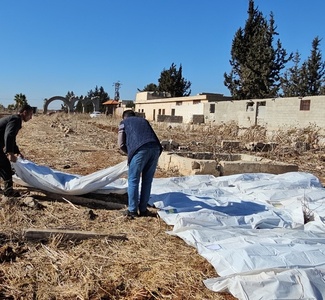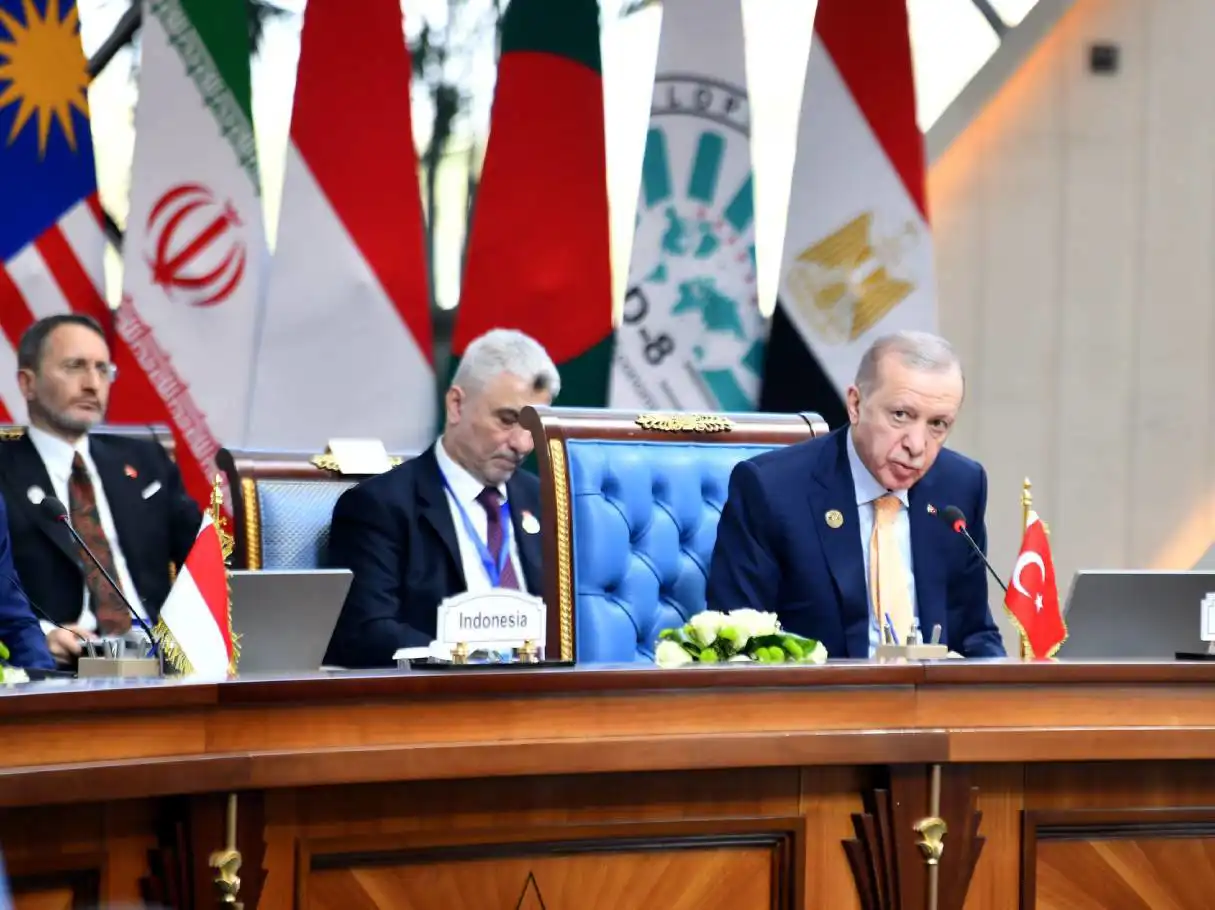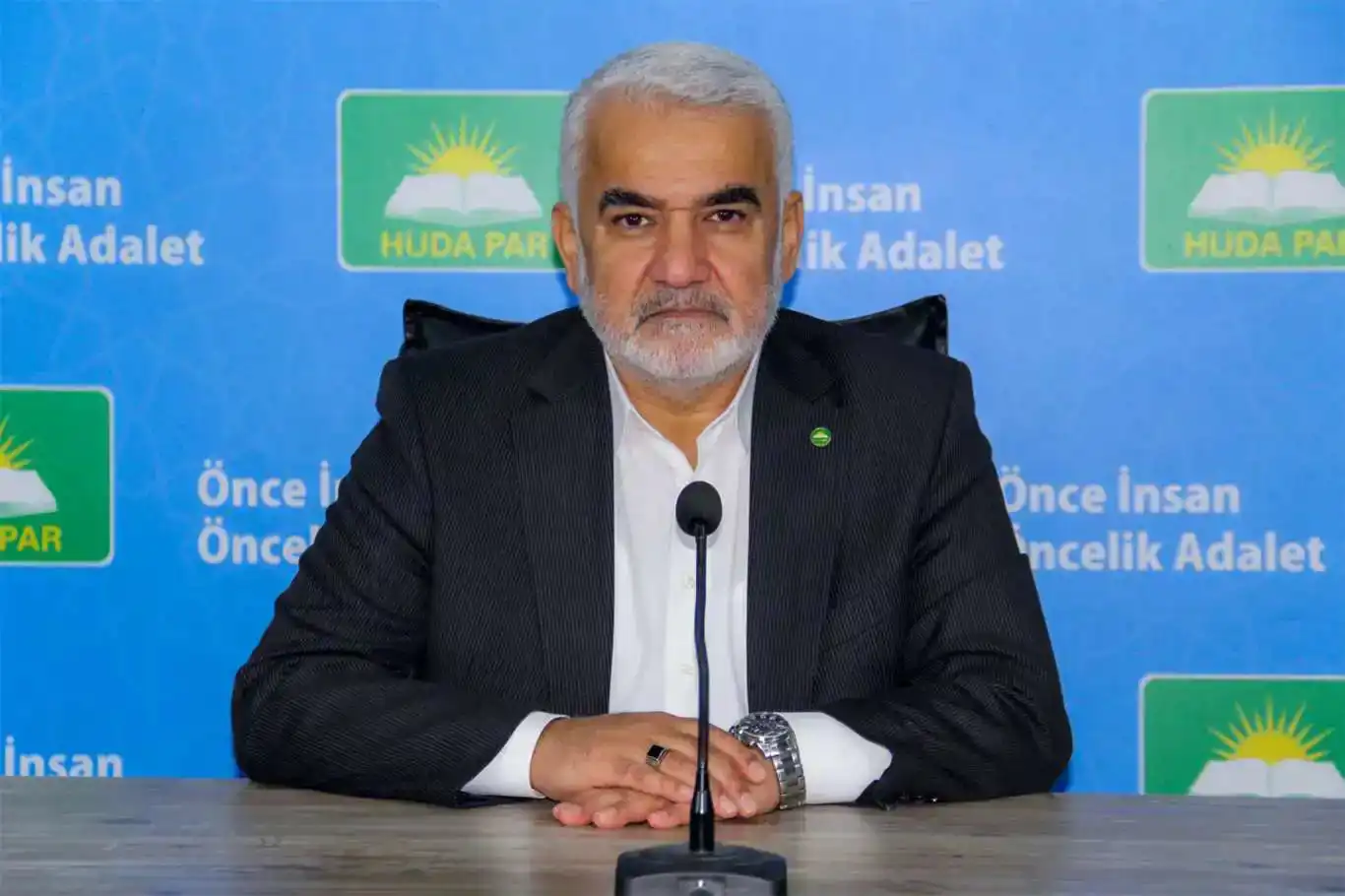Afghanistan: Ministry opens professional training center for drug addicts
The Ministry of Public Works in Afghanistan has opened a professional and craft course center for 530 drug addicts in Kabul, the capital city.

 Google News'te Doğruhaber'e abone olun.
Google News'te Doğruhaber'e abone olun. The training program, which will run for three months, includes courses in tailoring, electric engineering, and home construction.
Abdul Wahid Faiz, an official from the Ministry, stated that the training program is part of the government's efforts to help drug addicts reintegrate into society. He said that the training will help the addicts learn new skills and find jobs, which will help them stay off drugs.
The training program is being funded by the United Nations Office on Drugs and Crime (UNODC). The UNODC has said that it is committed to supporting Afghanistan's efforts to combat drug addiction and promote rehabilitation.
The training program is one of a number of initiatives that the Afghan government is taking to address the country's drug addiction problem. In recent years, the government has opened a number of rehabilitation centers and launched public awareness campaigns about the dangers of drug addiction.
The government is also working to reduce the cultivation of poppy, the plant from which opium is derived. Opium is the main ingredient in heroin, which is one of the most abused drugs in Afghanistan.
The opening of the professional training center is a positive step in the government's efforts to address the country's drug addiction problem. The training program will provide drug addicts with the skills they need to find jobs and rebuild their lives.
Afghanistan is home to nearly 4 million drugs users, or close to 10 per cent of the total population according to the UN.
After years of intensified opium production and cultivation, evidence shows that opium cultivation will decline sharply in 2023 due to a ban strictly enforced by the Islamic Emirate.
The ban on opium cultivation is one of a number of measures that the Islamic Emirate has taken to crack down on the drug trade. It has also closed down drug labs and arrested drug traffickers.
The United States' occupation of Afghanistan had a significant impact on the country's drug addiction problem. The war has created a climate of instability and insecurity, which has made people more vulnerable to drug addiction. The war has also led to an increase in the availability of drugs in Afghanistan, as farmers have turned to poppy cultivation as a way to make money.
According to the United Nations Office on Drugs and Crime (UNODC), the number of drug users in Afghanistan has increased by more than 50% since the US invasion in 2001. In 2001, there were an estimated 1.6 million drug users in Afghanistan. By 2019, that number had risen to 2.5 million.
The UNODC has also found that the number of people addicted to opioids, such as heroin, has increased by more than 70% since the US invasion. In 2001, there were an estimated 800,000 opioid addicts in Afghanistan. By 2019, that number had risen to 1.6 million.
The US government has acknowledged the role that its occupation has played in Afghanistan's drug addiction problem. In 2017, the US Special Inspector General for Afghanistan Reconstruction (SIGAR) released a report that found that the US military had failed to adequately address the drug trade in Afghanistan. The report found that the US military had not done enough to disrupt poppy cultivation or to prevent the flow of drugs out of Afghanistan.
The invasion created a climate of instability and insecurity, which has made it difficult to implement effective drug control programs. (ILKHA)



















































